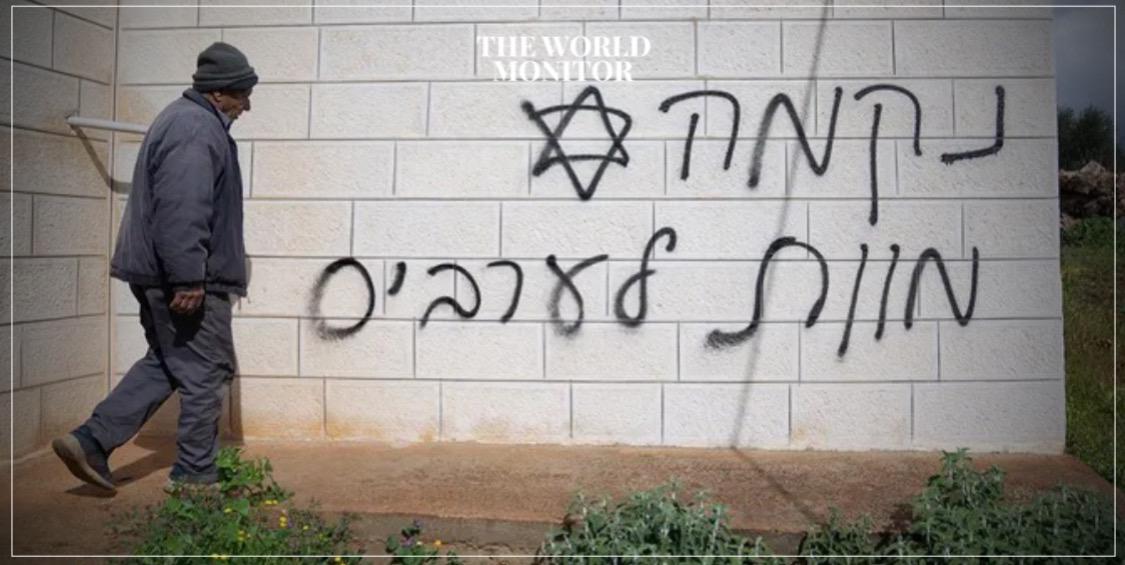In a move aimed at addressing ongoing tensions in the occupied West Bank, the Biden administration announced sanctions on Thursday against two Israeli outposts and three settlers allegedly involved in activities undermining stability in the region. The State Department singled out the outposts known as Moshe’s Farm and Zvi’s Farm, citing their alleged role as bases for violence against Palestinians.
State Department spokesperson Matthew Miller emphasized the administration’s stance against extremist violence, stating, “There is no justification for extremist violence against civilians or forcing families from their homes, whatever their national origin, ethnicity, race, or religion.”
This latest action follows previous sanctions imposed in February on four Israeli individuals accused of contributing to settler violence in the West Bank, signaling a growing dissatisfaction with Israeli Prime Minister Benjamin Netanyahu’s policies. Alongside expressing concerns about the civilian toll resulting from Israel’s conflict with Hamas, the US has repeatedly urged Israel to hold violent settlers accountable and has criticized actions that promote settlement expansion, seeing them as detrimental to the prospects of a two-state solution.
Sanctions typically involve freezing any U.S. assets belonging to the targeted individuals or entities and prohibiting Americans from engaging in transactions with them. However, the exact impact on the targeted outposts remains unclear. Despite opposition from the Israeli government, Israeli banks complied with previous sanctions in February, leading to the freezing of bank accounts belonging to the targeted settlers.
Reacting to the sanctions, Israeli Finance Minister Bezalel Smotrich, himself a resident of a West Bank settlement, denounced them as part of a broader campaign to discredit Israel and dismantle the settlement enterprise. He warned that such measures could pave the way for the establishment of what he described as a “Palestinian terrorist state.”






